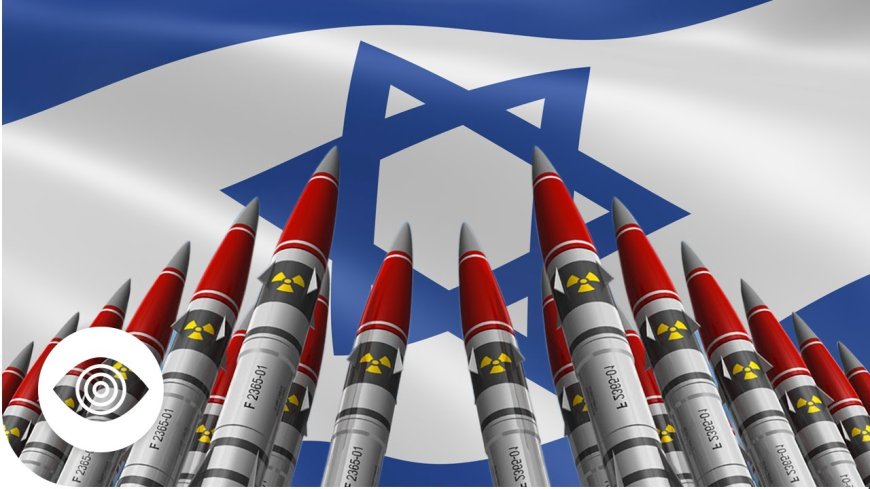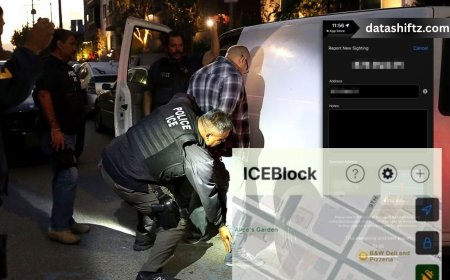Israel's Nuclear Program: A Strategic Enigma

Introduction
Israel's nuclear program stands as one of the most enigmatic and strategically significant elements in global geopolitics. Despite widespread belief in its nuclear capabilities, Israel maintains a policy of deliberate ambiguity, neither confirming nor denying the possession of nuclear weapons. This approach has profound implications for regional security, international diplomacy, and non-proliferation efforts
Historical Development of Israel's Nuclear Program
Origins and Early Development
The genesis of Israel's nuclear program dates back to the mid-1950s, under the leadership of Prime Minister David Ben-Gurion. Recognizing the existential threats facing the nascent state, Israeli leadership pursued nuclear capabilities as a means of deterrence. With assistance from France, Israel constructed the Negev Nuclear Research Center near Dimona, a facility shrouded in secrecy and often referred to as a textile plant to obscure its true purpose.
International Reactions and Secrecy
The clandestine nature of Israel's nuclear development raised concerns among global powers, particularly the United States. In the early 1960s, U.S. intelligence reports indicated that the Dimona reactor was intended for weapons-grade plutonium production. Despite inspections and diplomatic pressure, Israel maintained its policy of opacity, leading to ongoing speculation about its nuclear arsenal.
Israel's Nuclear Capabilities
Estimated Arsenal and Delivery Systems
While Israel has not officially acknowledged its nuclear arsenal, various estimates suggest the following:
| Component | Details |
|---|---|
| Estimated Warheads | Approximately 80–90 nuclear warheads. |
| Delivery Methods | Aircraft, ballistic missiles (Jericho series), and submarine-launched cruise missiles. |
| Plutonium Stockpile | Estimated 750–1,100 kg, sufficient for 187–277 nuclear weapons. |
Strategic Doctrine
Israel's nuclear strategy is characterized by deliberate ambiguity, aiming to deter adversaries without provoking regional arms races. This policy allows Israel to maintain strategic advantage while avoiding the political ramifications of open nuclear acknowledgment.
International Implications and Non-Proliferation
Non-Participation in the NPT
Israel is one of the few countries that has not signed the Nuclear Non-Proliferation Treaty (NPT), positioning itself outside the formal international nuclear framework. This stance complicates global non-proliferation efforts and raises questions about the efficacy of international agreements in curbing nuclear proliferation.
Regional Security Dynamics
Israel's undeclared nuclear capabilities have significant implications for Middle Eastern security. They contribute to a strategic balance, deterring potential aggression but also prompting neighboring countries to consider their own security measures, potentially fueling regional arms competitions.
Key Milestones in Israel's Nuclear History
-
1950s: Initiation of nuclear program under Prime Minister David Ben-Gurion.
-
1960s: Construction of Dimona reactor with French assistance; increasing international scrutiny.
-
1967: Alleged operational capability achieved prior to the Six-Day War.
-
1979: Suspected joint nuclear test with South Africa, known as the Vela incident.
-
Present: Continued policy of ambiguity; estimated arsenal remains stable.
Conclusion
Israel's nuclear program, enveloped in secrecy and strategic ambiguity, plays a pivotal role in its national security doctrine. While serving as a deterrent against existential threats, it also poses challenges to international non-proliferation efforts and regional stability. Understanding the nuances of Israel's nuclear posture is essential for comprehending the broader dynamics of Middle Eastern and global security.






























